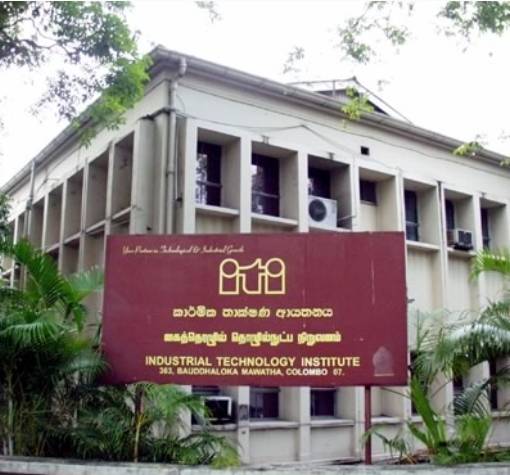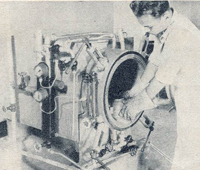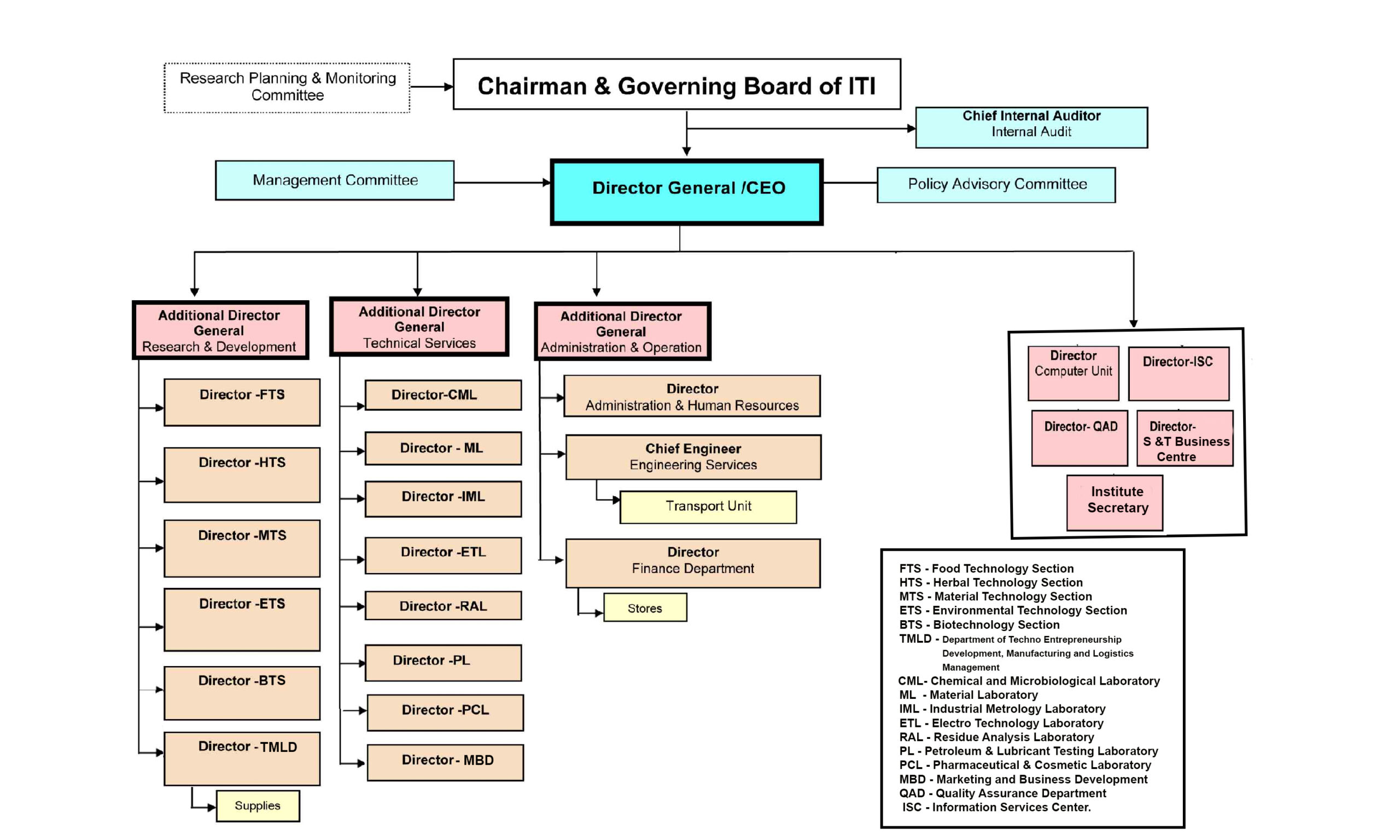

Years of Research Experience
ITI stands as the premier government-owned, Scientific R&D and Service organization in the country, with a diverse team of multi-disciplinary scientific experts. ITI is designated as the Center of Excellence of the Commission on Science & Technology for Sustainable Development in the South (COMSATS) in Sri Lanka and also serves as the focal point for organizations such as World Association of Industrial and Technological Research Organization (WAITRO) and the International Bamboo and Rattan Organization (INBAR). The institute collaborates with international entities including UNIDO, UNDP, JICA, KOIKA, FAO, IFC, Cefas, and GIZ to support the industrial development of the country.
With a primary focus on industrial development, ITI engages in Research and Development, Consultancy, Technology Transfer, and Training, and provides Accredited Testing and Calibration services. Laboratories are equipped with state-of-the-art instruments and pilot scale facilities. The institute employs 439 permanent staff, comprising Research Scientists, Research Engineers, and Research Technologists with expertise in various multidisciplinary fields.
To be a centre of excellence in Scientific and Industrial Research for national development
To conduct innovative R&D and provide internationally competitive technical services to accelerate industrial development for the benefit of the people of Sri Lanka

 Last Updated On Thursday, 07 July 2023
Last Updated On Thursday, 07 July 2023